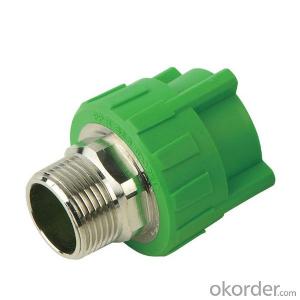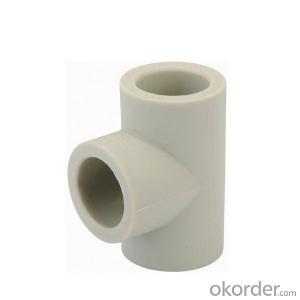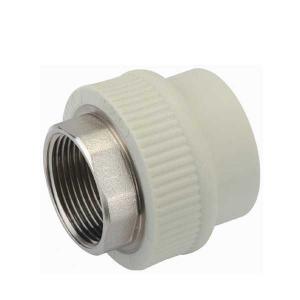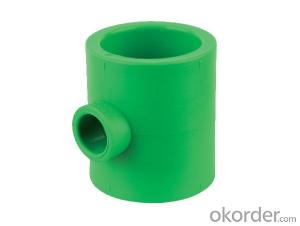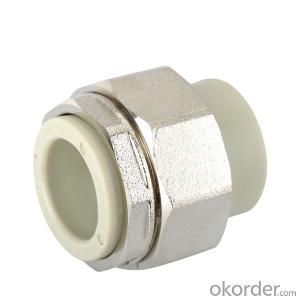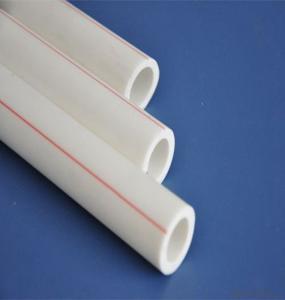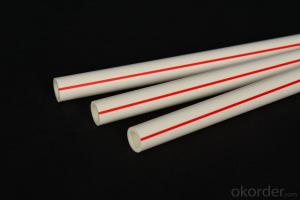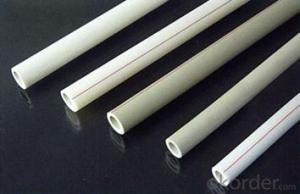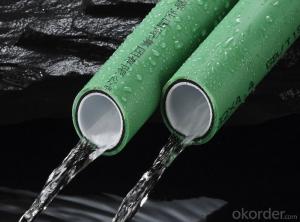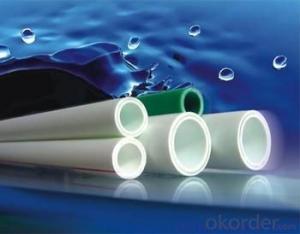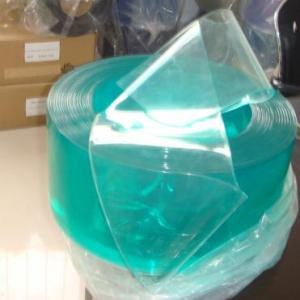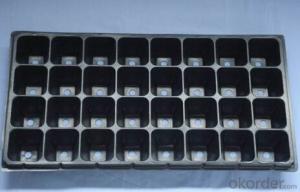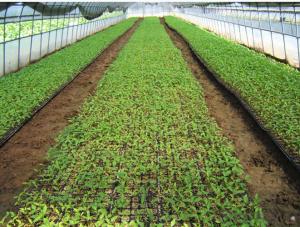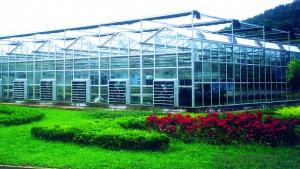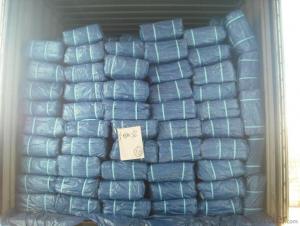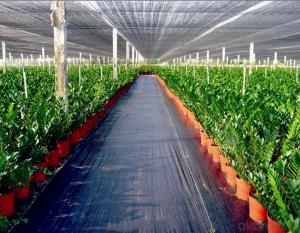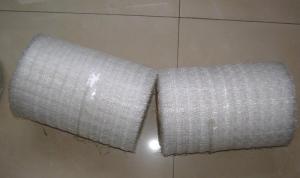All Categories
- - Steel Wire Rod
- - Steel Coils
- - Steel Profiles
- - Steel Pipes
- - Stainless Steel
- - Tinplate
- - Special Steel
- - Steel Sheets
- - Steel Rebars
- - Steel Strips
- - Hot Rolled Steel
- - Cold Rolled Steel
- - Pre-painted Steel
- - Seamless Steel Pipe
- - Welded Steel Pipe
- - Hollow Steel Tubes
- - Galvanized Pipe
- - Stainless Steel Coil
- - Stainless Steel Sheet
- - Stainless Steel Plate
- - Stainless Steel Strips
- - Electrolytic Tinplate Coil
- - Electrolytic Tinplate Sheet
- - Stainless Steel Rebars
- - Solar Panels
- - Solar Water Heater
- - Solar Related Products
- - Solar Inverter
- - Solar Cells
- - Solar Light
- - Solar Energy Systems
- - Solar Controllers
- - Solar Mounting System
- - Solar Pump
- - Solar Chargers
- - Fiberglass Chopped Strand
- - Fiberglass Mesh Cloth
- - Composite Pipes
- - FRP Pultrusion Profiles
- - Fiberglass Mat Tissue
- - Fiberglass Fabrics
- - Fiberglass Mesh
- - Composite Tank
- - Fiberglass Mesh tape
- - Polymer
- - FRP Roofing Panel
- - Fiberglass Roving
- - Monolithic Refractories
- - Ceramic Fiber Products
- - Refractory Bricks
- - Raw Materials For Refractory
- - Suspended Platform
- - Cranes
- - Concrete Machinery
- - Earthmoving Machinery
- - Building Hoist
- - Road Building Machinery
- - Plastic Pipe Fittings
- - Plastic Tubes
- - Plastic Sheets
- - Agricultural Plastic Products
- - Plastic Nets
 All Categories
All Categories
Plastic Pipe FittingsView More
Plastic TubesView More
Plastic SheetsView More
Agricultural Plastic ProductsView More
Plastic NetsView More
Q & A
How do plastic products contribute to microplastic pollution?
Plastic products contribute to microplastic pollution through various means. Firstly, when plastic products such as bottles, bags, or packaging are not disposed of properly, they can end up in the environment, where they gradually break down into smaller pieces due to weathering and sunlight exposure. These small plastic fragments, known as microplastics, can then easily enter water bodies, soil, and even the air, ultimately leading to pollution. Additionally, certain plastic products like microbeads in personal care products are intentionally designed to be small and often end up in water systems after being washed down drains. Overall, the improper disposal, degradation, and intentional use of plastic products all contribute to the pervasive issue of microplastic pollution.
What are the regulations for labeling plastic products?
The regulations for labeling plastic products vary depending on the country and industry. However, some common regulations include providing information about the type of plastic used, recycling symbols, and safety warnings. Additionally, some jurisdictions may require labeling for specific products, such as food containers, with information on ingredients, nutritional values, and expiration dates. It is crucial for manufacturers and sellers to comply with these regulations to ensure consumer safety and environmental sustainability.
How are plastic disposable cutlery produced?
Plastic disposable cutlery is typically produced using an injection molding process. First, plastic resin pellets are melted and injected into a mold cavity under high pressure. The molten plastic takes the shape of the mold and is then cooled and solidified. Afterward, the mold is opened, and the newly formed cutlery is ejected. The cutlery goes through a quality control process to ensure its strength and durability before being packaged and distributed to consumers.
Are plastic products safe for food contact?
Yes, plastic products are generally safe for food contact when they meet specific regulatory standards and are used appropriately.
Wholesale Plastic Products from supplier in Estonia
By partnering with us, you can benefit from our vast network of suppliers and manufacturers, allowing us to source high-quality plastic products at competitive prices. Whether you are looking for packaging materials, construction materials, or industrial components, we have the resources to meet your specific requirements.
Our team of experts is dedicated to delivering exceptional customer service, ensuring that your needs are met efficiently and effectively. From initial inquiries to after-sales support, we are committed to providing you with a seamless experience.
Furthermore, our technical support team is readily available to assist you with any questions or concerns you may have regarding the use or installation of our plastic products. We understand the importance of getting it right the first time and are here to provide guidance every step of the way.
With our strong presence in the Estonian market, we have developed a deep understanding of local regulations, industry trends, and customer preferences. This allows us to offer tailored solutions that are specifically designed to meet the unique demands of the Estonian market.
At our core, we prioritize customer satisfaction and strive to build long-term partnerships with our clients. We believe in delivering value beyond just the product itself, which is why we offer comprehensive services to support your procurement journey.
Choose us as your trusted supplier of plastic products in Estonia and experience the benefits of working with a reliable and experienced partner. Contact us today to discuss your requirements and let us provide you with a customized solution that meets your needs.
Our team of experts is dedicated to delivering exceptional customer service, ensuring that your needs are met efficiently and effectively. From initial inquiries to after-sales support, we are committed to providing you with a seamless experience.
Furthermore, our technical support team is readily available to assist you with any questions or concerns you may have regarding the use or installation of our plastic products. We understand the importance of getting it right the first time and are here to provide guidance every step of the way.
With our strong presence in the Estonian market, we have developed a deep understanding of local regulations, industry trends, and customer preferences. This allows us to offer tailored solutions that are specifically designed to meet the unique demands of the Estonian market.
At our core, we prioritize customer satisfaction and strive to build long-term partnerships with our clients. We believe in delivering value beyond just the product itself, which is why we offer comprehensive services to support your procurement journey.
Choose us as your trusted supplier of plastic products in Estonia and experience the benefits of working with a reliable and experienced partner. Contact us today to discuss your requirements and let us provide you with a customized solution that meets your needs.
